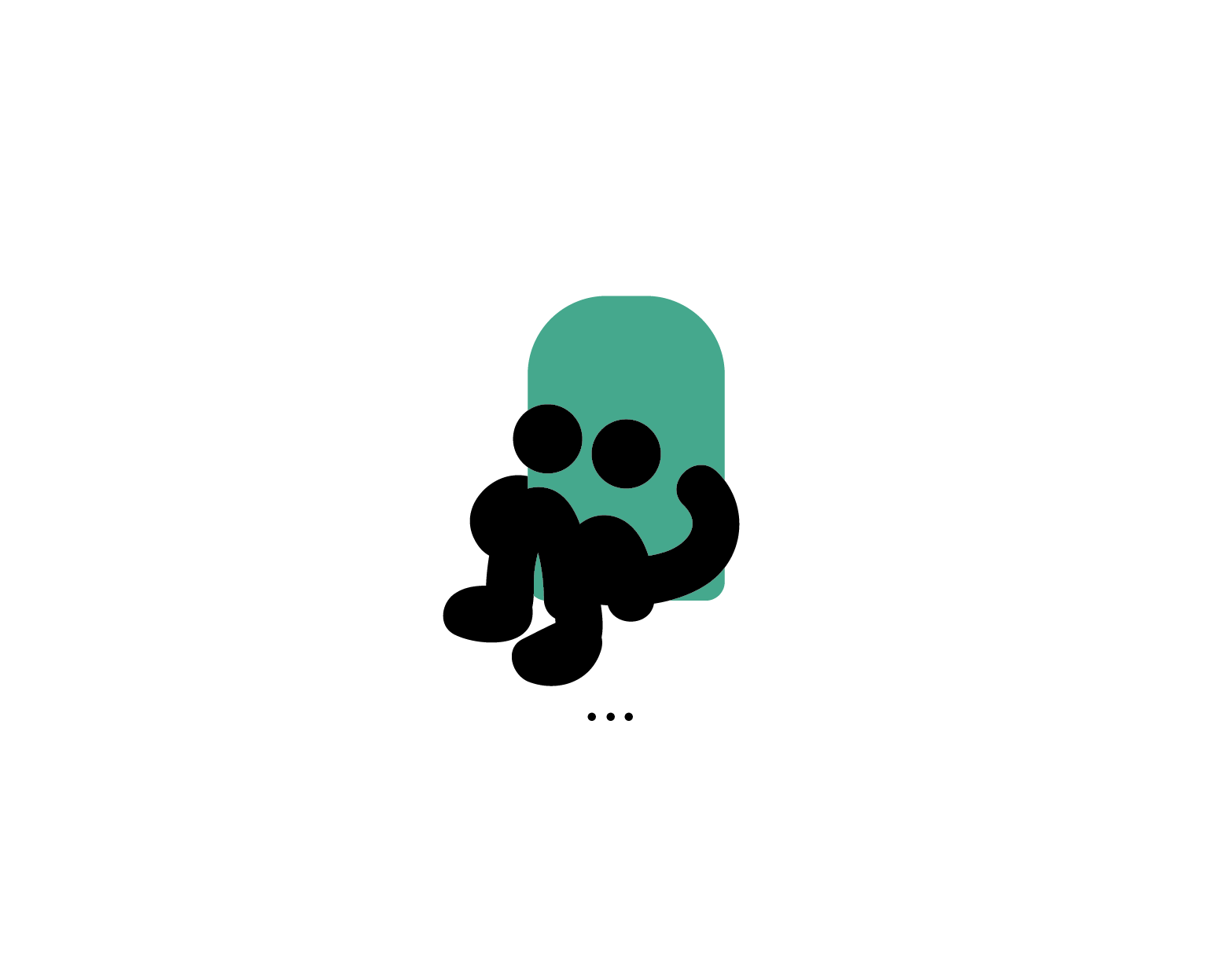The 4 Types of AIS Patients
The Novice
You are diagnosing this patient.
Tips:
Be gentle and kind. This is terrifying information.
Never Lie.
Watch your jargon and terminology used. Keep it accessible.
Don’t immediately schedule surgery unless there is something life threatening ESPECIALLY if they are under 18 years of age. No the gonads are not going to immediately turn into cancer the second someone is diagnosed. Ambiguous genital is fine. If they can pee, let them be.
The Traumatized
They have been hurt and need some deep healing.
Tips:
They have been lied to, and probably have some trauma with medical providers.
Help them understand that they are loved, cared for, and deserving of self care and medical care.
They are probably sensitive to AIS topics, so be gentle when discussing these medical issues.
Healing takes time, so be patient with them.
Recommend therapy and a support group.
The Hero’s Journey
They are on a path to discovery!
Tips:
Do prep work before and after every visit because this patient has done their homework.
They will have more questions for you than there are stars in the sky.
Help them understand medically and emotionally what AIS is because they are hungry for understanding their body and who they are.
Find specialists to refer them to and support groups for them to join.
The Scholar
They are the master of all things Androgen Insensitive.
Tips:
Will most likely come to every appointment with their own medical records in a binder or a bound book format.
They have been poked, prodded, and bruised for years by every member of the medical community at least twice.
Listen to them. They know more about the idiosyncrasies their body and their syndrome than anyone else.
They are the best advocate for their own bodies and don’t take any crap.
Received an Honorary Doctorate in reproductive development from Google for the sheer number of times they’ve googled “hypoplasia” and “müllerian.”



